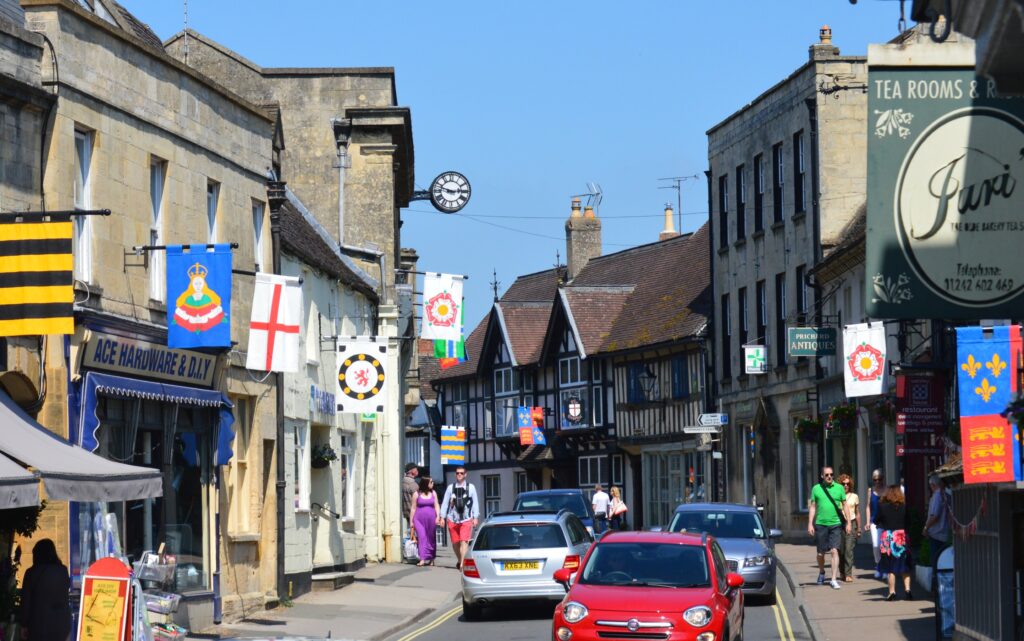 Earlier this week, Chris Short from CCRI attended a workshop related to Defra’s 25 year plan for nature…
Earlier this week, Chris Short from CCRI attended a workshop related to Defra’s 25 year plan for nature…
On Tuesday 3rd November I attended a Defra workshop in London, nothing unusual there. The aim of the workshop, hosted by Rory Stewart MP, was to explore how, through partnership, the recently proposed 25 year plan for nature can be developed and delivered. The workshop was attended by over 70 representatives from a wide range of organisations, with a similar number attending the following day. Rory Stewart committed time on both days to introduce and then hear the outputs from the day at the close – he also attended one of the sessions as well. So given this and the presence of the top civil servants, some bright and enthusiastic new entrants and the joined up delivery of Defra, Natural England and Environment Agency suggests that this was something different.
So if Defra recognizes that this is the start of a conversation and over the next year will oversee the development of a plan that represents a sound future for the UK/England, environment then this is to be welcomed. It is also the only show in town. The autumn statement will have a bearing as it is feared that Defra will take further cuts and some fear this may hit its core functions. There was no mention of this and perhaps we should have pressed for some answers but the last thing a strategy for the environment needs is a ‘Big Society’ approach, which essentially turned out to be the State saying it wasn’t willing to undertake certain tasks anymore and leaving it to local, charity or voluntary organisations to pick up the pieces if they thought it was important. This would be a disaster for the whole country, society and our economy.
So why should we expect this to be any different?
There is a long list of plans and strategies that have the right words and say the things that we agree with about reconnecting people with nature and reducing the national decline in the quality of the environment but nothing seems to change. One thing that struck me about this workshop was that most people were talking about ‘systems’ and the need to work local in a way that enables issues to be dealt with in a way that recognizes the connections between issues. Much more ecosystems approach rather than ecosystem services. Words like governance and process came up as much as species and habitats. People from business attended and even some from other government departments came to contribute. This is crucial as the environment and how we treat it, is a matter for government as much as anyone, to move away from silos (departments) which compete for funding and legislation development time.
A common theme throughout the day was to talk about accessibility to data and developing knowledge and learning in a collaborative way. There are a number of projects in the CCRI that should be part of this conversation, the work on local delivery models and partnership, the links between nature and health and wellbeing, system-based thinking and place-based approaches, as well as ecosystem services and policy approaches.
The clear thrust here is the report of the Natural Capital Committee and this makes sense at a Government level but outside the Westminster bubble and parts of academia talking about nature in terms of its ‘assets’ does not lead to a very long conversation. In order to get the message across we need to talk about the impact of a poorer environment on lives and livelihoods. There are many good things going on so we need to have some the right platform to share these and make sure that the systems approach becomes mainstream.
Hopefully this will be the start of the conversation but the CCRI will be looking forward to playing its part.




